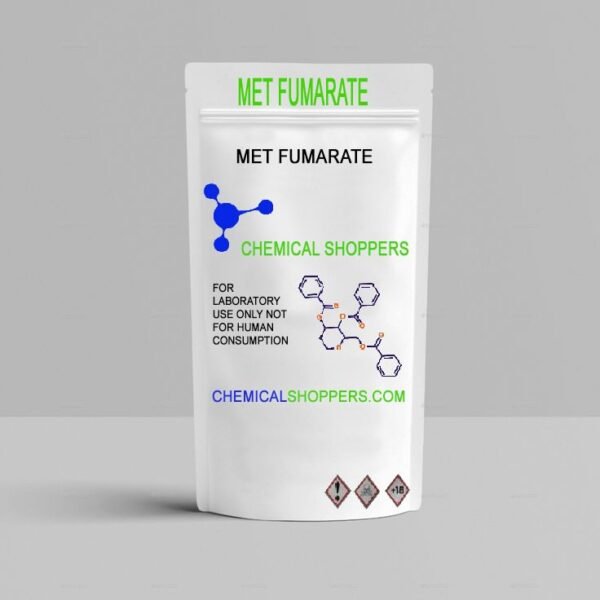

1B-LSD L-tartrate Pure
1B-LSD L-tartrate properties
Synonym: 1-butanoyl-lysergic acid diethylamide hemi-L-tartrate, BLSD
CAS Number: 2349376-12-9
Formula: (8β)-1-butanoyl-N,N-diethyl-6-methyl-9,10-didehydroergoline-8-carboxamide hemi-L-tartrate
Molar mass: 468.5 g/mol
Purity: >97%
€3,200.00
* The information on this page is a summary and is not intended to cover all available information about this medication. It does not cover all possible uses, directions, precautions, drug interactions or adverse effects and is not a substitute for the expertise and judgment of your healthcare professional.
1B-LSD L-Tartrate Pure – High Quality Lysergamide for Scientific Research
Product name: 1B-LSD L-tartrate
Chemical Name: 1-Butanoyl-lysergic acid diethylamide L-tartrate
Formula: C23H29N3O2 C4H6O6
Molecular Weight: 495.57 g/mol
Form: White crystalline powder
Purity: ≥99% (HPLC certified)
Type: Research Grade – Not for human consumption
What is 1B-LSD L-tartrate?
1B-LSD (1-Butanoyl-LSD) is a semisynthetic lysergamide that is chemically related to LSD and other analogues such as 1P-LSD and 1cP-LSD. The addition of a butanoyl group results in a compound known for its prodrug character: In biological systems, 1B-LSD is expected to be partially converted to LSD.
The L-tartrate salt form provides increased stability, accurate weighing, and excellent solubility for analytical applications.
Applications of 1B-LSD in Research Context
- Pharmacodynamic research: Study of serotonin receptor interactions (especially 5-HT2A).
- Comparative neurochemical research: Comparison with LSD, 1P-LSD and other analogues.
- In-vitro & in-vivo bioactivity screening (only for authorized institutions).
- Prodrug analysis: Analysis of lysergamide transformation pathways in biological systems.
⚠️ NB: This product is intended for scientific and forensic research purposes only. Not for human/animal consumption or application.
Benefits for Researchers
✔ High chemical stability in L-tartrate salt form
✔ Prodrug properties provide insight into lysergamide metabolism
✔ Consistent purity of ≥99% (HPLC confirmed)
✔ Readily soluble in ethanol and other analytical solvents
Possible Disadvantages / Limitations
- Legal status may vary by country or region
- Limited long-term toxicological data
- May degrade when exposed to light, heat or air
- Requires storage in controlled conditions
Laboratory data
| Feature | Specification |
|---|---|
| Purity | ≥99% HPLC |
| Melting point | 192–196 °C |
| Solubility | Good in ethanol and acetone |
| Storage advice | 2–8°C, dark and dry |
| Batch code | 1BLSD-LT0625 |
| Analysis date | June 18, 2025 |
Usage Scenarios (Laboratory)
| Application type | Concentration | Method | Goal |
|---|---|---|---|
| In vitro | 1–10 µM | Dissolve in DMSO | Receptor binding studies |
| In vivo (indirect) | n/a | Only allowed under permit | Prodrug conversion study |
Frequently Asked Questions (FAQ)
❓ What is the difference between 1B-LSD and LSD?
1B-LSD is considered a prodrug of LSD. In biological systems it can be converted to LSD, which makes it particularly interesting for metabolism studies.
❓ Is 1B-LSD legal in the Netherlands or Belgium?
1B-LSD may fall under the analogy law. Always check the current laws in your region for import or possession.
❓ Why L-tartrate instead of free base?
The L-tartrate form is more chemically stable, easier to weigh, and better suited for long-term storage.
❓ Can I use this product for human consumption?
No. 1B-LSD L-tartrate is intended for laboratory research only. Consumption is strictly prohibited.
Summary
1B-LSD L-tartrate offers researchers a unique opportunity to study lysergamide analogues in a pure, stable and precise form. This compound combines pharmacological potential with laboratory-friendly properties, and is ideally suited for exploratory neurochemical and receptor-targeting studies.


